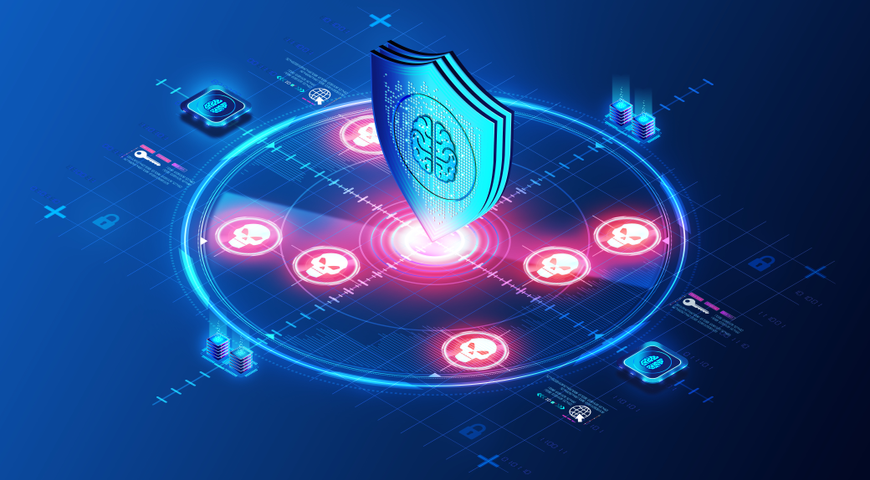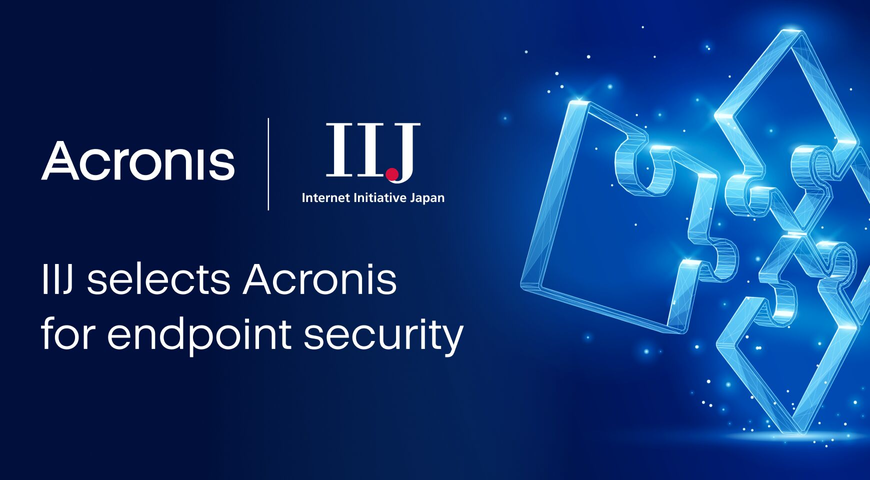The recent explosion of cryptocurrencies like Bitcoin is finally bringing the idea of blockchain and the distributed ledger to the general public’s attention.
By John Zanni
Not only have news organizations been delving deeper into their explanations of blockchain technology, even comedians like John Oliver from HBO’s Last Week Tonight are dedicating time to the technology.
And while the “wild west” attitude surrounding some cryptocurrencies deserves Oliver’s cautionary sarcasm, there is a larger point that many people don’t yet understand: that blockchain’s disruptive potential is really much, MUCH greater than the financial examples we’ve seen so far.

What is blockchain?
If you’re new to the blockchain or you still haven’t wrapped your head around it, don’t worry – you’re not alone. Before we look into how it might be used, let’s be clear about what it is.
A pretty straightforward description with a clear breakdown was offered by Drew Ivan, a solutions strategist in the healthcare industry:
Blockchain is an immutable, public, distributed ledger that anyone can read or write. Here’s a breakdown of what that means.
- IMMUTABLE – data written to a blockchain can never be changed, so readers can be sure it was never altered.
- PUBLIC – data on a blockchain is visible to everyone, which makes it perfect for storing public records like bitcoin transactions, land titles, and asset tags.
- DISTRIBUTED – unlike a centralized ledger that is kept by a trusted institution, blockchain runs on an entire network of computers, meaning there is no single system that can fail or be compromised.
- LEDGER – blockchain is suited to storing small transaction records, not large files.
The result is that those characteristics enable two people/organizations to trust the integrity of data being shared between them based on the blockchain network, without having to rely on third-party validation from a government agency, financial institution, or some other officiating entity.
Another terrific illustrative explanation can be found in this brief video description.
How will that decentralized approach be put into practical use? Let’s quickly consider five of the most promising areas where blockchain is starting to be used.
1. Forecasting
Statistical analysis and forecasting have already been rocked by the Big Data revolution, and blockchain technology will likely be layered on top as the next great disruptor. Some firms are already using blockchain to create decentralized prediction markets, harnessing “the wisdom of crowds” to generate predictions of future events that are, statistically, more accurate than anything a single expert might offer.
Whether we’re talking about trading stocks, gambling on sports, forecasting the weather, or calculating election results, such prediction markets could fundamentally change how people and organizations approach the bets and investments they make for the future.
The consulting industry should be paying close attention to the development of these prediction markets.
2. Supply-chain management
A UK-based start-up called Circulor recently made headlines when it announced a pilot program that would use the blockchain to fight child labor. The goal is to ensure that the cobalt used in the batteries of BMW’s electric vehicles comes from clean, ethical sources.
Some context: Two-thirds of the world’s cobalt is produced in the Democratic Republic of Congo, and of that, 20 percent comes from small, unregulated mines. The company plans to work with these “artisanal miners” using blockchain technology 1) to prove they are not using child labor and then 2) transparently monitor the mineral as it is transported and delivered.
The ability to follow the source and chain-of-custody for supplies will have a huge impact on manufacturing, helping to address regulatory concerns about where materials are coming from and who’s handled them. The technology can also be used to identify inefficiencies in the supply chain that can then be addressed.
3. Background checks
There are a lot of reasons to verify someone’s background – from making hiring decisions to checking credit histories to selling firearms. And while the resources at larger companies might make these kinds of checks easy, they can be more onerous for smaller firms, requiring significant investments in time and expenses.
There is also a concern about the accuracy of some checks, since centralized sources of data don’t always share information with each other. Regardless of the topic, there are often issues when local, state and national government bodies try to talk to each other, making official checks suspect. Then there’s the employer’s concern that their dream candidate might not be telling the whole truth about their career.
A decentralized ledger would remedy those issues. Employment, credit and criminal histories could be stored in a blockchain, eliminating the risk of misrepresentation or omission. Such a platform would enable companies of any size to publicly verify a person’s background, increasing the accuracy, security and accessibility to this vital information.
4. Healthcare
A similar blockchain-based records approach is already taking hold in the healthcare industry, where tracking a patient’s medical history can be a nightmare. A study by IBM revealed that 56 percent of the healthcare executives surveyed planned to implement a commercial blockchain solution by 2020.
A decentralized, secure database of medical information would not only mean a better way for doctors and nurses to access patient records, it could revolutionize how medical research is conducted, engendering greater collaboration and sharing, which could lead to new medications and drug treatments.
A blockchain approach could even streamline how billing and other administrative tasks are handled in such a data-saturated environment.
5. Backup and cloud storage
This example is close to my heart, but it is nonetheless one of the most promising areas where the blockchain will have an impact.
“Putting all your eggs in one basket” is a terrible idea – hence the old proverb. It is especially bad when it comes to data protection. Storing everything on centralized servers can be dangerous since they are vulnerable to hacking, human error, and a variety of data loss events.
The immutability of the blockchain ensures your files cannot be tampered with and their authenticity can be publicly verified — which is why we were the first in the backup industry to add blockchain file certification to both our business and personal backup solutions. In fact, since introducing Acronis Notary last year, millions of files have been secured using blockchain.
Some companies are pushing the boundaries of cloud storage by developing a decentralized model. Instead of storing files at a network of secure data centers, they use a peer-to-peer network of computers, paying people in cryptocurrency to access their unused disk space. (Think cloud storage meets Airbnb-for-hard-drives).
When data is uploaded to the cloud, they “shred” the data into multiple files, encrypt those pieces of the puzzle, and spread the storage across their network of computers. Retrieving the file means reassembling the different pieces and putting the file back together. While the sheer volume of data required by large enterprises might not make this a suitable model, it is an interesting approach that we’ll be watching develop.
Final thought
Whether or not their long-term impact on the financial world pans out, cryptocurrencies already have been game changers. They have proven the validity, security and potentiality of the distributed ledger in the real world. As more and more companies experiment with blockchain-based applications, we will increasingly move toward a world where it will not be some fantastic, theoretical model, but rather a practical part of everyday life.
And insofar as the blockchain can be used to ensure greater levels of data protection, Acronis will continue to pursue those opportunities.
About Acronis
Acronis is a Swiss company, founded in Singapore. Celebrating two decades of innovation, Acronis has more than 1,800 employees in 45 locations. The Acronis Cyber Protect Cloud solution is available in 26 languages in over 150 countries and is used by 20,000 service providers to protect over 750,000 businesses.





